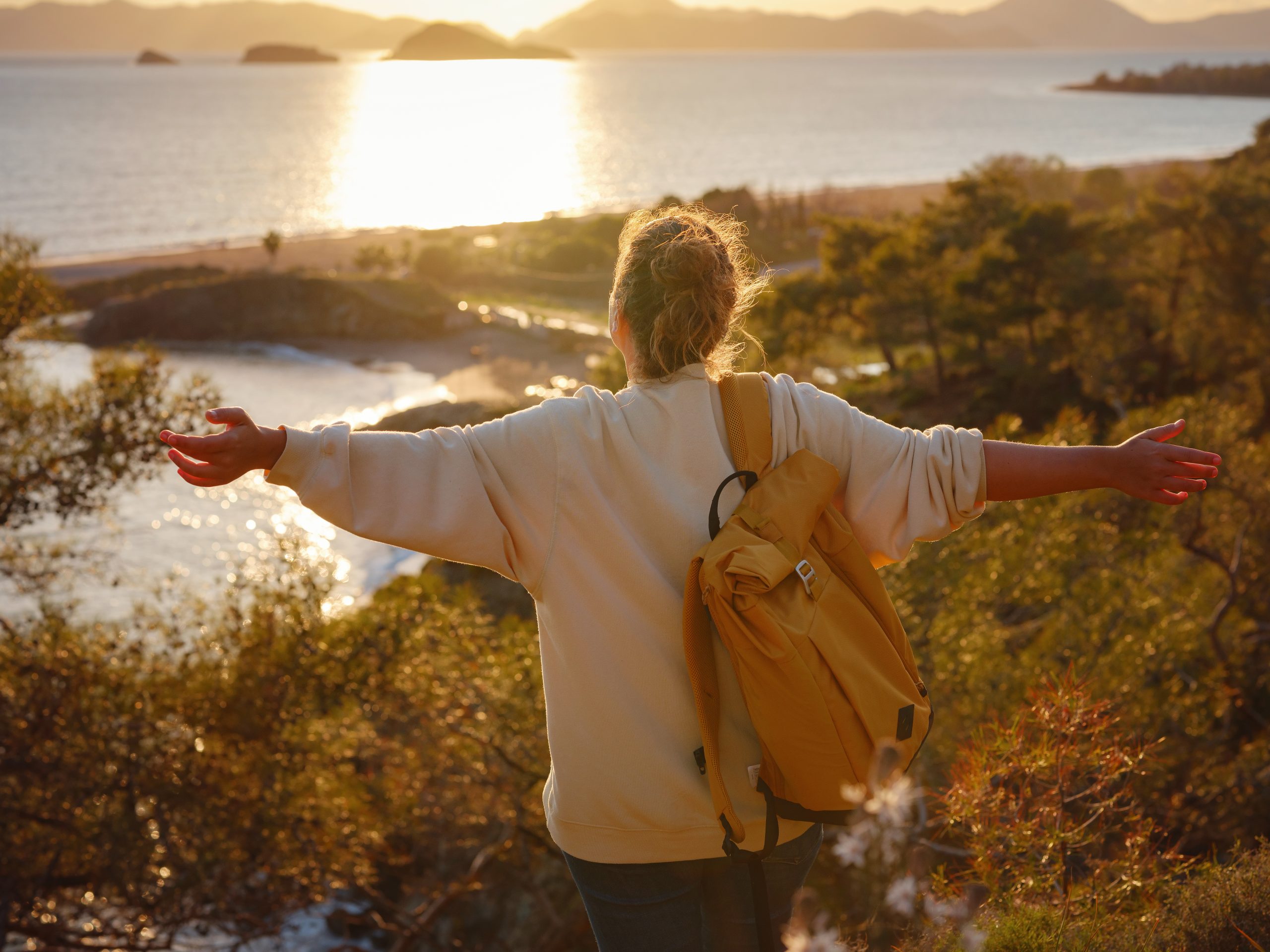Ecotourism and sustainable travel have become increasingly popular ways for environmentally-conscious travellers to explore the world while also giving back to local communities and habitats. With climate change and overtourism threatening many destinations, it’s more important than ever to make sure our travels are not harming the very places we hope to experience.
Practising mindful ecotourism allows you to fully immerse yourself in a destination’s unique culture and natural splendour, without leaving a damaging footprint behind. With some simple planning, your next adventure can be both enriching and ecologically responsible. Read on to learn how you can give back through your travels and tread lightly on the planet.
Document your travels sustainably
Taking photos on holiday to capture and document the most exciting and memorable parts of your travels is something you are bound to do. If you want to take photos in a more sustainable way, you should use your smartphone to snap any images as this will reduce the waste that comes from buying new gear.
If you are passionate about traditional photography, though, invest in high-quality used camera equipment from eco-conscious companies like MPB. When purchasing camera bags and accessories, look for items made from sustainable materials like cork, recycled plastics and upcycled fabrics. Avoid disposable batteries by using rechargeable options.
To reduce paper waste, avoid printing photos after your trip. Instead, store and share images digitally using cloud storage and social media. If creating albums, choose eco-friendly photo books printed on recycled paper using vegetable ink. Travelling lightly with multipurpose, reused gear reduces your environmental footprint. Capture amazing sustainable travel memories without generating unnecessary waste – keep it green.
 Sign up for beach and trail cleanups
Sign up for beach and trail cleanups
Participating in an organised cleanup of nature trails or beaches are great ways to give back while travelling. Not only are you helping to remove litter from natural settings that don’t deserve to have rubbish dumped on them, but it’s also a fantastic way to connect with like-minded eco-conscious travellers.
Many cleanups are hosted by local conservation groups, like our partner Beach Guardian, parks, protected areas and tourism boards. The sense of community and tangible impact from seeing bags of litter removed feels truly rewarding. It’s also eye-opening to see just how much waste accumulates on our beaches and trails from both litterbugs and ocean debris. Make sure any litter you generate yourself is properly packed out after.
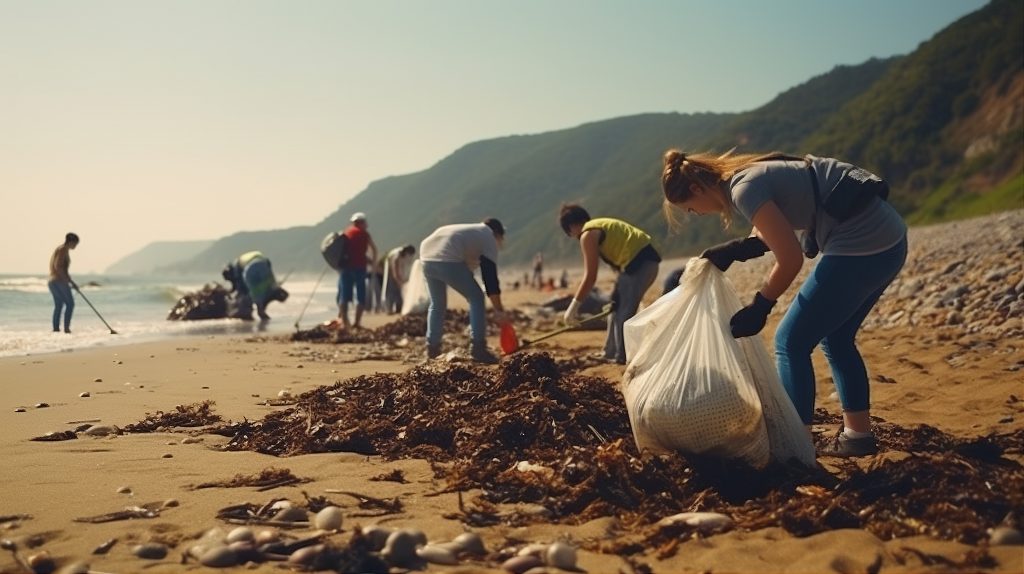
sustainable travel
Choose sustainable accommodation
When booking accommodation, look for green ccommodation that has featured in round-ups or for properties with eco-certifications like Green Key that signify sustainable operations and development. Opting for locally owned B&Bs, inns and boutique hotels supports the community and gives your stay a more authentic feel compared to big chain hotels.
Seek out lodging that actively gives back through social programmes, nature conservation initiatives or by employing and training local residents. Properties with strong environmental policies like reducing waste, sourcing local produce and maintaining green spaces are ideal.
A great example is our holiday parks eliminating single-use plastics. We removed plastic water bottles from sale, installed free water refill stations and provided lending stations for reusable beach toys and gear. Sustainable changes like these reduce waste while enhancing the guest experience.
 Opt for eco-friendly excursions and activities
Opt for eco-friendly excursions and activities
When choosing excursions and activities, opt for walking tours, bike rentals or public transportation rather than crowded tour buses or cars. This reduces congestion and emissions.
Seek out activities run by local guides or conservation groups as they have insider knowledge and directly support the community. At destinations with beaches, choose low impact activities like snorkelling, sailing or paddleboarding over motorised water sports to protect marine environments.
Visit farmers’ markets and local artisans to get authentic souvenirs directly from skilled craftspeople. Your purchases help support local businesses and communities while reducing carbon emissions from transporting mass-produced trinkets.
Eco-lodges often organise tours spotlighting regional wildlife, culture and cuisine for a sustainable, immersive experience. Choosing activities mindfully, lets you explore deeply while protecting fragile environments.
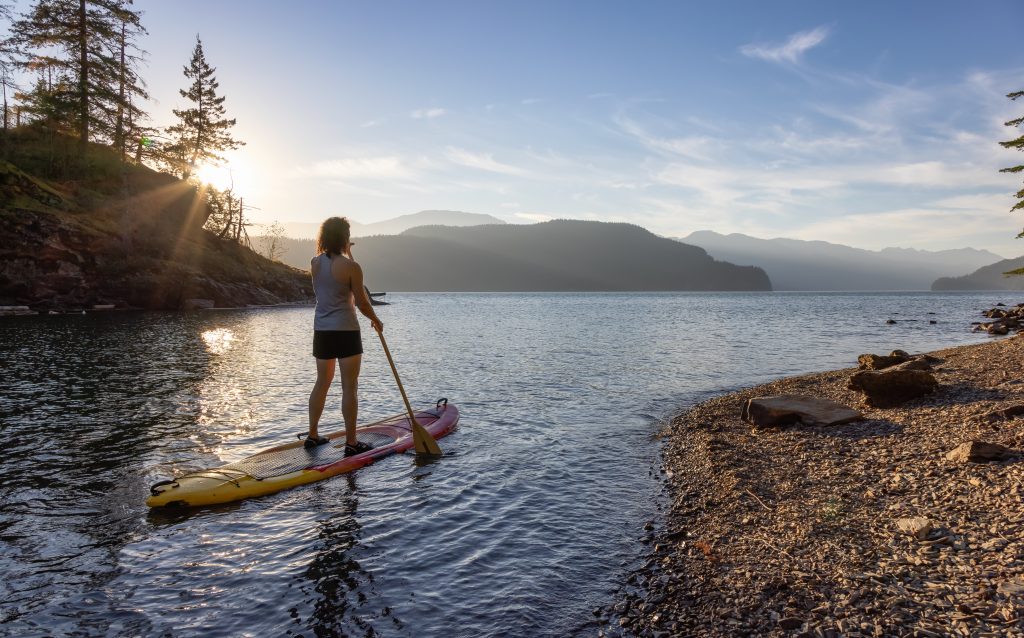 Support community businesses and buy local
Support community businesses and buy local
When dining out, choose family-owned restaurants showcasing regional flavours rather than big chains. This supports local chefs and food producers. Seek out farm-to-table establishments focused on locally sourced ingredients.
For souvenirs, buy directly from local artisans and small vendors rather than hotel gift shops. Attend craft markets and village fairs to meet creators first-hand. When buying goods like coffee, chocolate and crafts, choose fair trade to ensure artisans are paid fairly.
Immerse yourself in the local cuisine by taking cooking classes and food tours. These experiences connect you with chefs and producers upholding culinary traditions. Staying in community-owned eco-lodges instead of big resorts also ensures your accommodation spend stays local.
Choosing local guides, touring cooperatives and family-run businesses deeply enriches the travel experience while ensuring your money supports the community. Discover the heart of a destination by going local.
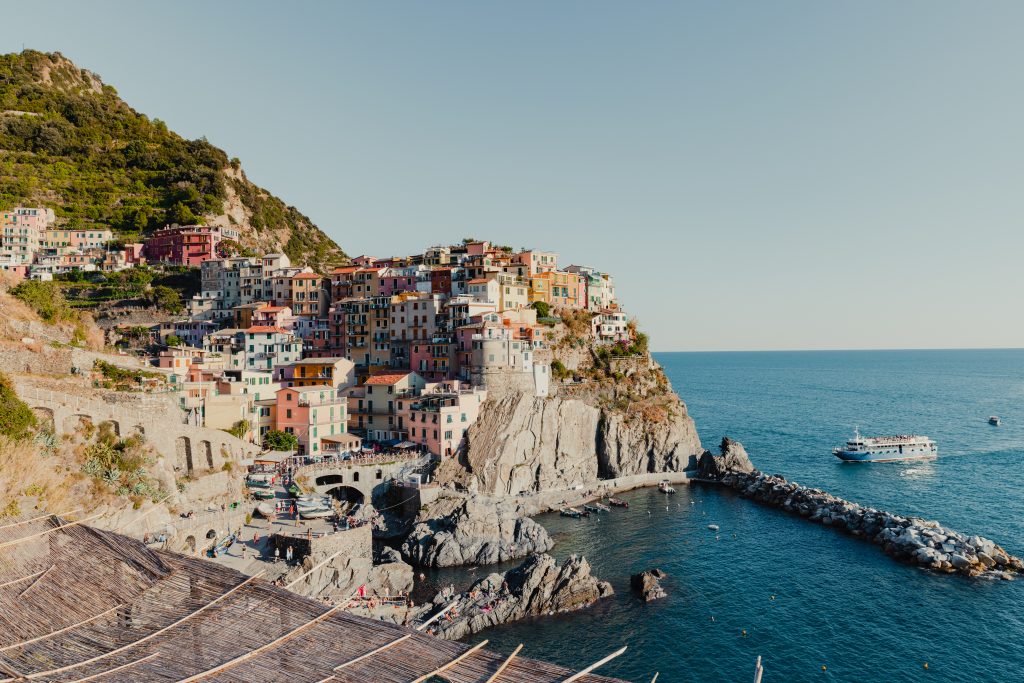 Follow the ‘Leave No Trace’ principles
Follow the ‘Leave No Trace’ principles
The Leave No Trace principles offers the following guidance for enjoying the outdoors responsibly and minimising your impact.
- Plan ahead and prepare – Check guidelines for the area and pack appropriate gear like reusable water bottles and biodegradable soap.
- Travel and camp on durable surfaces – Stick to existing trails and camp in designated campsites to avoid damaging vegetation.
- Dispose of waste properly – Bring enough bags to carry out all rubbish and food scraps so as not to contaminate the environment.
- Leave what you find – Avoid taking rocks, plants, artefacts or anything else you may come across so nature is undisturbed.
- Minimise campfire impacts – Use a stove instead of building a fire whenever possible to avoid scorching the ground.
- Respect wildlife – Observe animals from at least 50 metres away and never follow or feed them to avoid disrupting natural behaviours.
- Be considerate of other visitors – Keep noise and disruptions to a minimum so others can enjoy the peacefulness of nature.
Following Leave No Trace is straightforward for travellers. Packing out litter, giving wildlife space, and sticking to paths can greatly reduce your footprint. These seven ethical principles help us protect natural spaces for future generations.
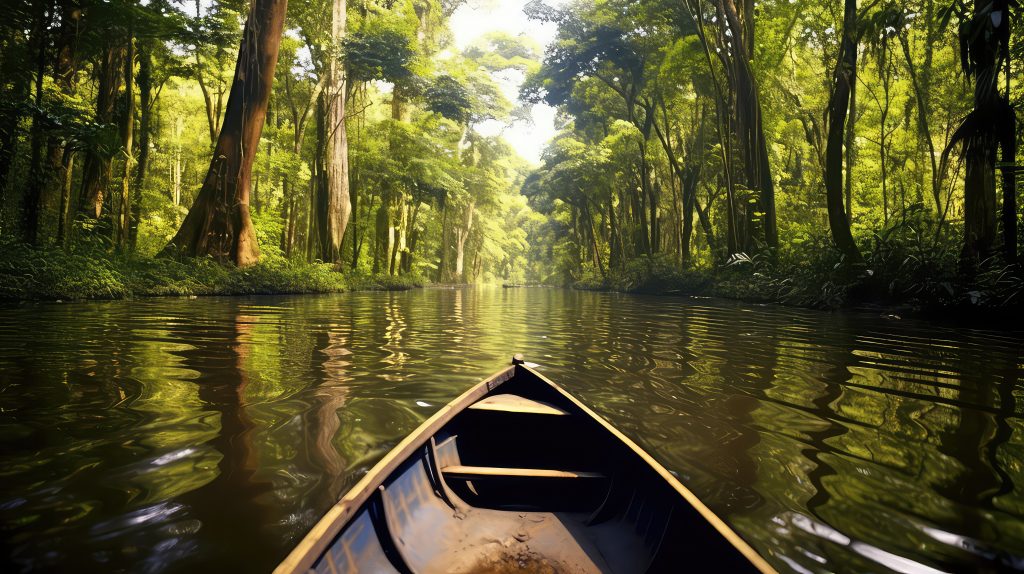 Enjoy ecotourism
Enjoy ecotourism
Ecotourism allows us to explore the world whilst respecting local cultures and environments, the perfect way to practice sustainable travel. By staying in eco-lodgings, participating in cleanups, choosing low-impact activities, and supporting small businesses, we can travel sustainably. Mindful choices enable us to have fulfilling adventures whilst protecting the destinations we visit for generations to come.


